Selling a pharmacy can feel like navigating a complex maze, where understanding the value of your business is the key to reaching the exit.
After years of dedication to building your pharmacy, fostering relationships with customers, and creating a thriving business, you’ve arrived at a new chapter and have decided it’s time to sell.
Ensuring you get the best possible price requires an accurate valuation of your pharmacy.
This crucial step can significantly impact your financial future and the success of the sale. Let’s explore how to value a pharmacy for sale and the essential factors that determine its value.

5 Factors That Impact a Pharmacy’s Value
Valuing a pharmacy involves more than just looking at the bottom line. Several key factors play a significant role in determining the overall worth of your business.
By understanding and optimizing these factors, you can ensure that your pharmacy is valued accurately and attractively. Let’s explore these crucial elements in more detail.
1. Assets (tangible vs intangible)
The assets of your pharmacy are divided into tangible and intangible categories.
Tangible assets include physical items like inventory, equipment, and real estate. These are the concrete components that have a clear market value.
Intangible assets, on the other hand, encompass elements such as your customer base, brand reputation, and any proprietary technologies or processes. These are less visible but equally important, as they contribute to the overall goodwill and competitive advantage of your pharmacy.
Both types of assets are critical in determining the overall value of your pharmacy, and a comprehensive assessment should consider the full spectrum of these assets.
2. Pharmacy’s Gross Sales and Margins
Gross sales and profit margins are primary indicators of your pharmacy’s financial health. Buyers will scrutinize these figures to assess the business’s revenue generation capabilities.
A pharmacy with consistently high sales and healthy margins is likely to attract higher offers. Additionally, demonstrating trends of sales growth and maintaining robust profit margins will significantly enhance the perceived value of your pharmacy.
Buyers look for stability and potential for future growth, making these financial metrics critical in the valuation process.
3. Pharmacy’s Adjusted Cash Flow
Adjusted cash flow gives a clearer picture of the actual earnings your pharmacy generates. This involves adjusting your earnings before interest, taxes, depreciation, and amortization (EBITDA) to reflect the true cash flow available to the new owner.
Adjusted cash flow is a vital metric for potential buyers as it indicates the real profitability of the business. This figure helps to account for any non-recurring expenses or owner-specific costs, providing a more accurate representation of the ongoing earnings potential of the pharmacy.
4. Pharmacy’s Location and Competition
The location of your pharmacy significantly impacts its value. Pharmacies situated in high-traffic areas or communities with limited competition are typically more valuable.
A prime location can lead to higher foot traffic, increased sales, and better visibility. Conversely, if your pharmacy is in a highly competitive area, it might negatively affect its valuation.
Evaluating local demographics, growth potential, and the competitive landscape will give buyers insight into the market conditions and potential opportunities or challenges your pharmacy faces.
5. Condition of The Pharmacy’s Building
The physical state of your pharmacy’s building can influence its value. A well-maintained, modern facility will appeal more to buyers compared to one that requires significant renovations.
The condition of the building reflects the overall care and attention given to the business, signaling to buyers that the pharmacy is well-managed and ready for immediate operation.
Investing in the upkeep of your premises can yield a higher selling price. Simple updates like fresh paint, modern fixtures, and clean, organized spaces can significantly increase your pharmacy’s perceived value.
Self Valuation or Valuation by 3rd Party – Which One Is Better?
Deciding between valuing your pharmacy yourself or hiring a third party is a crucial choice. Each approach has its own advantages and disadvantages that you should consider carefully.
Self Valuation
Choosing to value your pharmacy yourself can be a viable option if you have the necessary skills and knowledge. It allows you to maintain control over the process and can save you money. However, it also comes with its own set of challenges.
Pros:
- Cost Savings: No need to pay for external valuation services.
- Direct Control: You have complete control over the valuation process.
- Personal Insight: You can leverage your in-depth knowledge of your business.
Cons:
- Time-Consuming: Requires significant time and effort to gather and analyze data.
- Potential Bias: Personal attachment to the business can lead to overvaluation or undervaluation.
- Knowledge Requirement: Requires a deep understanding of valuation principles and market trends.
Third-Party Valuation
Hiring a professional appraiser or brokerage firm to conduct the valuation of your pharmacy can provide a more objective and accurate market value. This option leverages expert knowledge and reduces your workload, but it comes with a cost.
Pros:
- Unbiased Assessment: Provides an objective, comprehensive valuation.
- Professional Expertise: Utilizes the skills and experience of professional appraisers or brokerage firms.
- Market Accuracy: Often yields a more accurate market value based on current industry standards.
Cons:
- Cost: Professional valuation services can be expensive.
- Less Control: You have less direct involvement in the valuation process.
- Dependent on Quality: The accuracy and quality of the valuation depend on the expertise of the third party you hire.

Common Formulas for Valuating a Pharmacy For Sale
Accurately valuing a pharmacy requires the application of reliable and proven formulas. Each method offers unique insights and emphasizes different aspects of the business.
By understanding these common valuation formulas, pharmacy owners can better assess the worth of their business and ensure a fair and optimal sale price. Below are some of the widely used formulas in the industry:
- Combining the Net Operating Income (NOI) with the Inventory: This formula provides a straightforward approach by adding the annual net operating income to the inventory’s value.
- Net Income: Using a multiplier of 1.5 times the net income can give a quick estimate of the pharmacy’s worth.
- Net Profit: A common method involves multiplying the adjusted EBITDA (earnings before interest, taxes, depreciation and amortization) by five to determine the value.
- Direct Assessment: This method sums up tangible and intangible assets for a holistic view.
- Itemization: To calculate the overall value, subtract liabilities from assets and add goodwill. Goodwill represents the pharmacy’s intangible assets, such as its reputation and customer relationships.
Is The Final Price Right? How To Ensure an Optimal Price
To ensure you receive an optimal price for your pharmacy, it’s essential to verify your valuation through multiple methods and market comparisons.
Consulting with industry experts and reviewing recent sales of similar pharmacies can provide additional insights and help validate your asking price.
What To Do After Your Pharmacy’s Value Has Been Determined
If the valuation meets your expectations, the next step is to engage a broker or brokerage firm to handle the sale, ensuring a smooth transaction.
However, if you’re dissatisfied with the valuation, consider steps to enhance your pharmacy’s appeal, such as improving curb appeal, updating inventory, and boosting sales.
How to Value a Pharmacy For Sale Alongside Professional Guidance
Determining the value of your pharmacy is a multifaceted process that involves evaluating assets, financial performance, location, and overall condition.
Whether you choose to conduct a self-valuation or hire a professional, ensuring an accurate and fair assessment is crucial.
If you’re considering selling your pharmacy, contact our pharmacy acquisition advisors at PharmaChoice Canada.
Our experts will analyze your financials and conduct a detailed valuation to help you achieve the best possible outcome.






